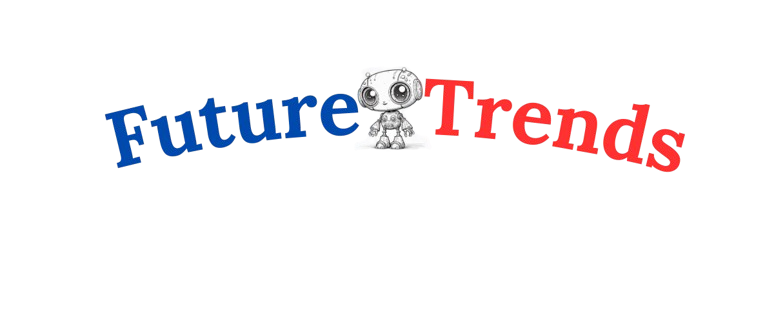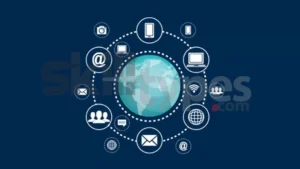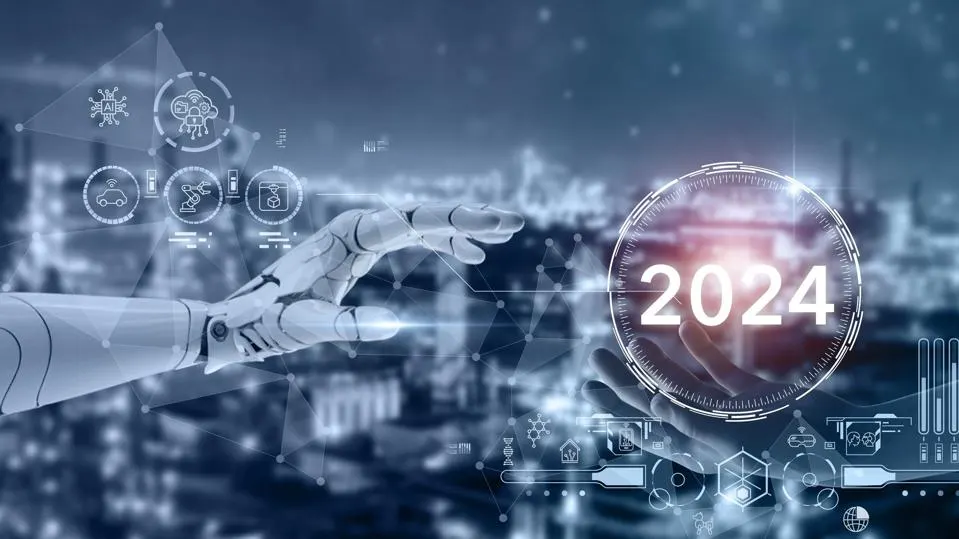
The future is evolving faster than ever, with technology, societal shifts, and economic changes driving unprecedented transformations. From Artificial Intelligence (AI) to sustainable practices, these trends redefine industries, economies, and everyday life. In this article, we explore future trends that will shape the next decade, diving into emerging innovations and how they influence businesses, society, and the environment.
The Role of Technology in Future Trends
Technology continues to serve as the backbone of global innovation. Key advancements include:
Artificial Intelligence (AI) and Machine Learning
AI is transforming industries through smarter decision-making, automation, and personalization. Machine learning powers predictive analytics, enabling businesses to understand customer behavior and streamline operations. From virtual assistants like Siri to fraud detection, AI’s potential knows no bounds.
Blockchain and Cryptocurrency
Beyond its financial applications, blockchain provides secure, transparent data sharing for industries like supply chain management and healthcare. Meanwhile, cryptocurrencies like Bitcoin continue to disrupt traditional banking, sparking the rise of Fintech innovations.
Internet of Things (IoT) and 5G Networks
The IoT connects devices to enhance automation, efficiency, and data collection in industries like manufacturing and home automation. Coupled with 5G networks, the IoT is set to expand connectivity, driving advancements in smart cities and autonomous technologies.
Quantum Computing
Still in its infancy, quantum computing has the potential to solve complex problems in fields like cryptography, logistics, and material science, far beyond the capabilities of classical computing.
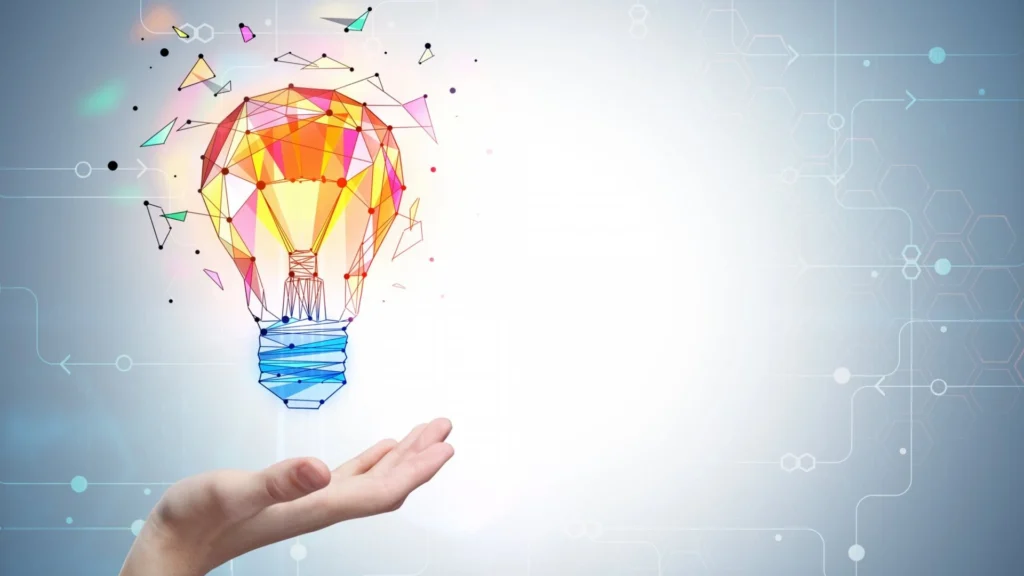
Immersive Technologies: Augmented Reality (AR) and Virtual Reality (VR)
AR and VR redefine how we interact with the digital world, from virtual shopping experiences to immersive training programs. The entertainment and gaming industries are just the beginning for these technologies.
Autonomous Vehicles and Mobility
The push for autonomous vehicles is accelerating, with companies like Tesla and Waymo leading the way. These innovations promise safer roads, reduced emissions, and cost-effective transport solutions.
Cybersecurity
As digital transformation grows, so do cyber threats. Cybersecurity remains a critical focus for protecting sensitive information, with AI-powered tools playing a significant role in threat detection and prevention.
Business and Economy: Navigating Change
Digital Transformation
Organizations across sectors embrace digital transformation to improve efficiency, customer experiences, and innovation. Cloud computing, AI, and IoT technologies are integral to this evolution.
E-commerce Growth
The pandemic has permanently shifted shopping behaviors, fueling e-commerce growth. Personalization, faster delivery, and seamless checkout experiences are key drivers.
Remote Work and the Gig Economy
The rise of remote work has reshaped traditional office setups, while the gig economy empowers freelancers and entrepreneurs. Flexible work models are here to stay.
Global Supply Chains and Sustainable Practices
Disruptions to global supply chains have highlighted the need for resilience and adaptability. Coupled with sustainable practices, businesses are rethinking how to minimize environmental impact while maintaining profitability.
Environment and Society: A Greener Future
Climate Change and Renewable Energy
The fight against climate change drives innovation in renewable energy, including solar, wind, and hydropower. Governments and businesses are committing to net-zero goals, pushing green energy technologies to the forefront.
Green Technology and Smart Cities
Green technology encompasses solutions like energy-efficient buildings and carbon capture systems. Additionally, smart cities use IoT and AI to optimize urban living, reduce waste, and promote sustainability.
Urbanization and Population Growth
As cities expand to accommodate rising populations, urban planners focus on sustainable designs to tackle challenges like housing shortages, traffic congestion, and waste management.
Healthcare Innovations and Mental Health Awareness
Healthcare is undergoing a revolution with advancements in telemedicine, wearable devices, and personalized medicine. Simultaneously, growing mental health awareness encourages investments in well-being and support systems.
Education and Workforce: Preparing for the Future
Online Learning and AI in Education
Online learning platforms like Coursera and Khan Academy make education accessible worldwide. Furthermore, AI in education personalizes learning experiences, enhancing engagement and outcomes.
Upskilling and Reskilling
To stay relevant in the face of workforce automation, employees prioritize upskilling and reskilling. Training in tech skills, data analysis, and soft skills is critical.
Diversity and Inclusion
Workforce trends emphasize diversity and inclusion, fostering equitable workplaces that leverage varied perspectives for innovation and growth.
Consumer Behavior: Shifting Expectations
Personalization and Subscription Models
Modern consumers demand personalization in products and services. Subscription models, from Netflix to meal kits, cater to convenience and loyalty.
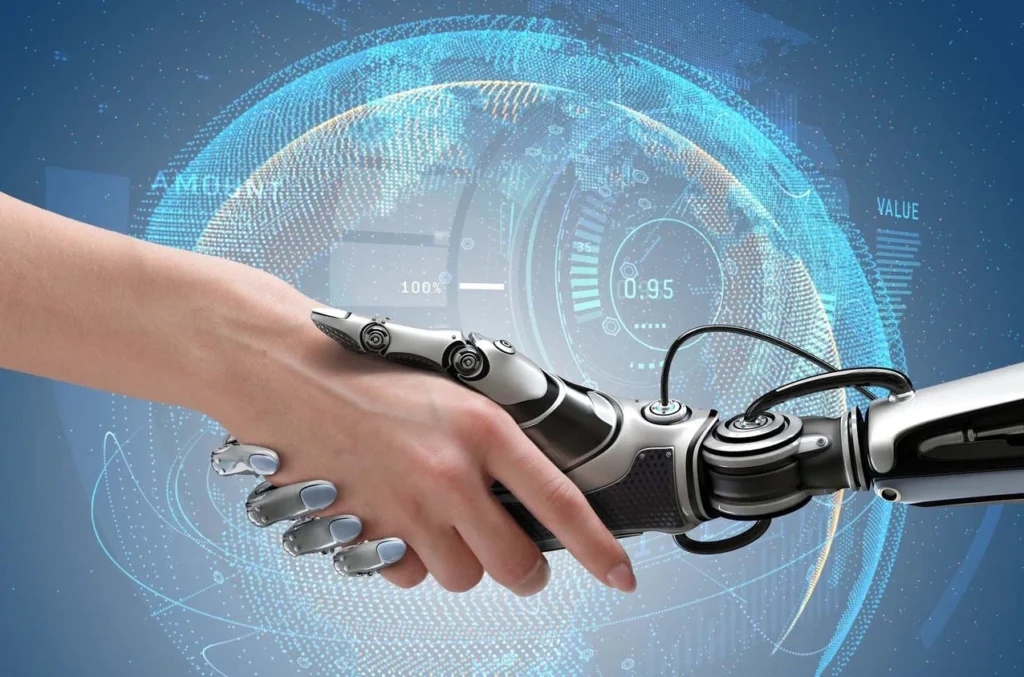
Ethical Consumerism
Shoppers are increasingly prioritizing brands that align with their values, from sustainability to ethical sourcing. Ethical consumerism is shaping how businesses operate.
Social Media Trends and Influencer Marketing
Social media drives consumer decisions, with influencer marketing playing a pivotal role. As platforms evolve, brands must stay agile to reach their target audiences effectively.
Conclusion
The world is evolving rapidly, with technology, environmental awareness, and shifting consumer behaviors at the helm. Whether it’s AI, renewable energy, or mental health awareness, understanding and adapting to these future trends is essential for individuals and organizations alike.
As we navigate this dynamic landscape, staying informed and proactive is the key to thriving in a world shaped by continuous change.
For more interesting blogs, visit our site: https://futuretrendz.co.uk/
FAQs
1. What are future trends in technology?
Future trends include Artificial Intelligence, Quantum Computing, Blockchain, and immersive technologies like AR and VR.
2. How does sustainability impact future trends?
Sustainability influences innovations like green technology, renewable energy, and smart cities, shaping eco-conscious business practices.
3. Why is digital transformation important?
Digital transformation enhances efficiency, customer engagement, and innovation, ensuring businesses remain competitive.
4. What skills are needed for future jobs?
Key skills include tech proficiency, upskilling, adaptability, and creativity, alongside soft skills like communication and teamwork.
5. How will future trends impact daily life?
Future trends will create smarter cities, more personalized experiences, and sustainable living, revolutionizing how we work, travel, and interact.
